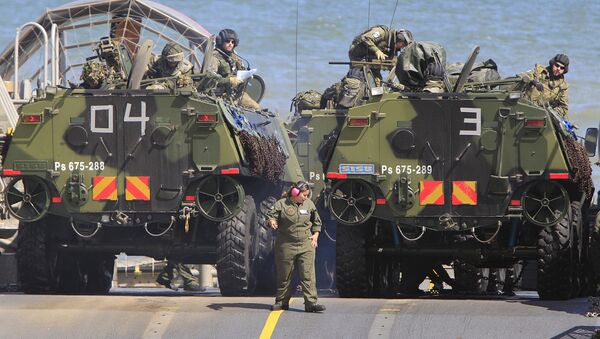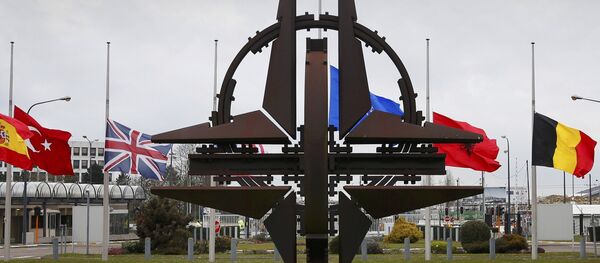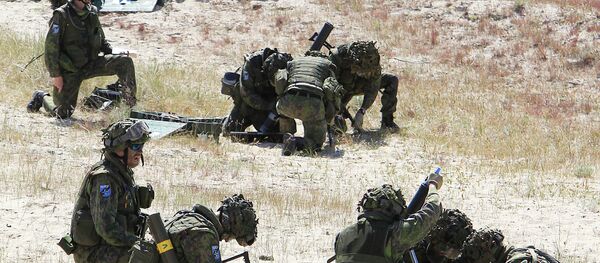In an interview with the magazine, Pofalla suggested NATO countries should "accompany their decision to strengthen the forces of the alliance in Poland and the Baltics by a number of conditions."
"NATO could initially limit the term of its military buildup to one year. If the ceasefire in the east of Ukraine is implemented and a legally binding truce comes into force, the alliance could again weaken its military presence," the expert said.
In summer 2016, NATO initiated three large-scale exercises (BALTOPS, Anakonda and Saber Strike) in the Baltic region, held simultaneously in different parts of Baltic countries and conducted in spite of Russia's criticism.
NATO's "saber rattling" near Russian borders has been repeatedly criticized by many European politicians and political experts, including German Foreign Minister Frank-Walter Steinmeier and German diplomat and chairman of the Munich Security Conference, Wolfgang Ischinger. According to them, NATO‘s strategy aimed at demonstrating its strength may deepen conflict between West and Russia and result in the "escalation" of the current security situation.
Earlier, German authorities expressed their readiness to deploy Bundeswehr soldiers in Lithuania as part of NATO's mission aimed at "containing" possible Russian aggression, a move that had been criticized by almost two-thirds of the German population. According to German magazine Der Spiegel, in this regard Berlin has been a subject to strong pressure from Washington.




